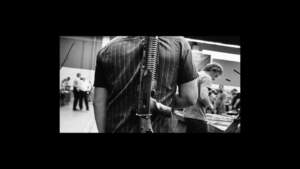Falls can happen to anyone, but older adults are particularly vulnerable. Emergency room physicians emphasize the importance of taking falls seriously, regardless of age. Dr. Joe Whittington and other ER doctors stress the need for prevention through regular physical activity, environmental adjustments, and knowing what to do after a fall to reduce the risk of complications.
After a fall, it is crucial to do a full-body check for injuries before attempting to get up. Moving slowly is advised to avoid worsening hidden injuries like sprains or fractures. Seeking medical care immediately after hitting your head is important to detect potential concussions or brain bleeds.
Minor injuries that do not require immediate medical attention can be treated at home, but it is essential not to ignore persistent pain. Reflecting on the factors that led to the fall, both personal and environmental, can help in taking appropriate safety measures in the future.
Reducing fall hazards in the home by decluttering, keeping a well-lit environment, and using proper footwear can significantly decrease the risk of falls. Staying active is also crucial, as immobility can lead to deconditioning and greater fall risk.
In conclusion, falls can have serious consequences, especially for older adults. Taking preventive measures, seeking medical care when necessary, and making adjustments to the living environment can help reduce the risk of falls and their associated complications. Staying active and working on balance are also essential in preventing future falls.




